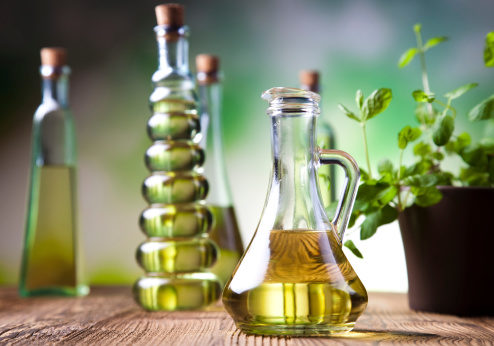Washington, D.C.— Results recently released by the National Consumers League(NCL) have shown that six out of 11 olive oils tested failed to meet International Oil Council(IOC) standards of extra virgin quality.
In January, the NCL purchased the eleven different varieties of olive oil, all labeled extra virgin, from four major Washington area retailers (Whole Foods Market, Trader Joe’s, Safeway, and Giant). The oils were then tested by Australian Oil Research Laboratories to see if they met the IOC’s extra virgin standards, and the results showed only five of the selected were true extra virgin. Olive oil is traditionally classified based on based on their chemistry, flavor profile, and presence of defects, with extra virgin, the highest classification possible, not having any defects.
Several other sources have done research on mislabeled extra virgin olive oil in the past. In July of 2010, the UC Davis Olive Center released a report showing that 69 % of imported olive oils labeled as extra virgin failed the IOC sensory standards, and in September of 2012, Consumer Reports published results of its testing of extra virgin-labeled samples, showing that only 9 of 23 met the standards. Some states, such as California, have adopted stricter labeling and grading standards in response to these revelations.
Sally Greenberg, executive director of the NCL, notes that in addition to mislabeling, degradation throughout the shipping and storage process could be responsible for the results. “When that happens, consumers are paying top dollar for that EVOO label without getting the enhanced health and taste benefits,” she explains. The NCL informed the six companies whose oils failed the tests about the results without publishing their names to “to give them an opportunity to address the situation that their oils are not reaching consumer shelves as represented.”
Posted 5/21/2015










